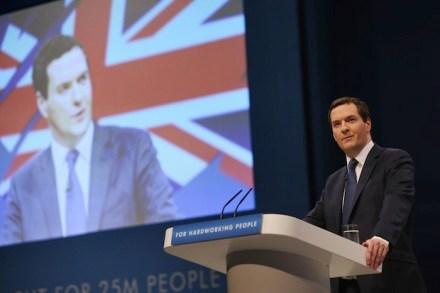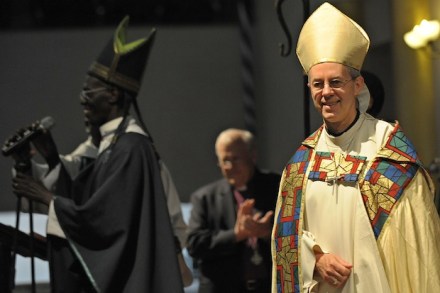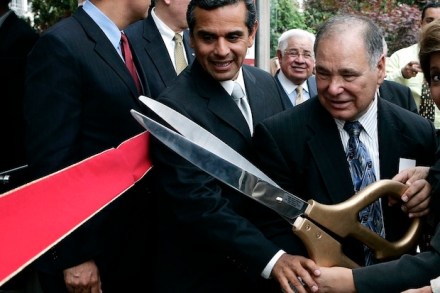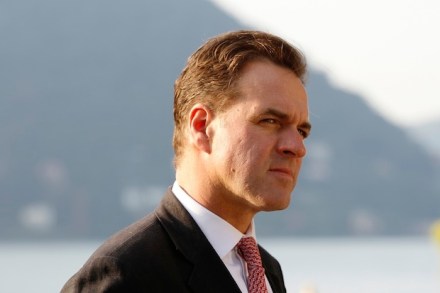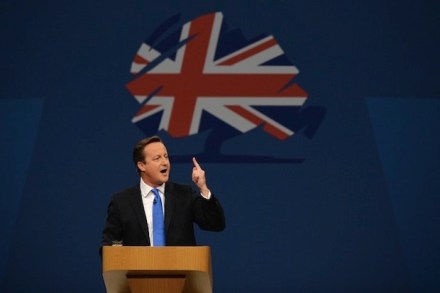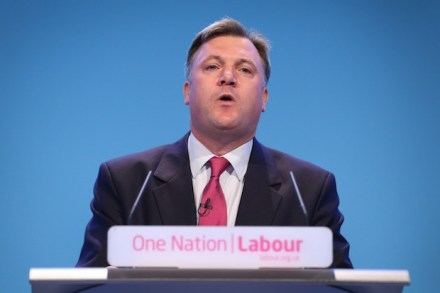The economy is booming, says the Bank of England. So why won’t it raise rates?
Yet another survey suggests that Britain is booming – this time, it’s from the Bank of England’s Monetary Policy Committee. They’re the guys who kept interest rates too low for too long – creating the last boom. It sees another boom now.”For the first time in a long time you don’t have to be an optimist to see the glass is half full,” said Mark Carney, the new BoE Governor. “The recovery has finally taken hold.” Citi has crunched latest BoE figures (pdf) and says this envisages real GDP growth of a stonking 3.4 per cent next year and 2.8 per cent the year after, which it says is one
